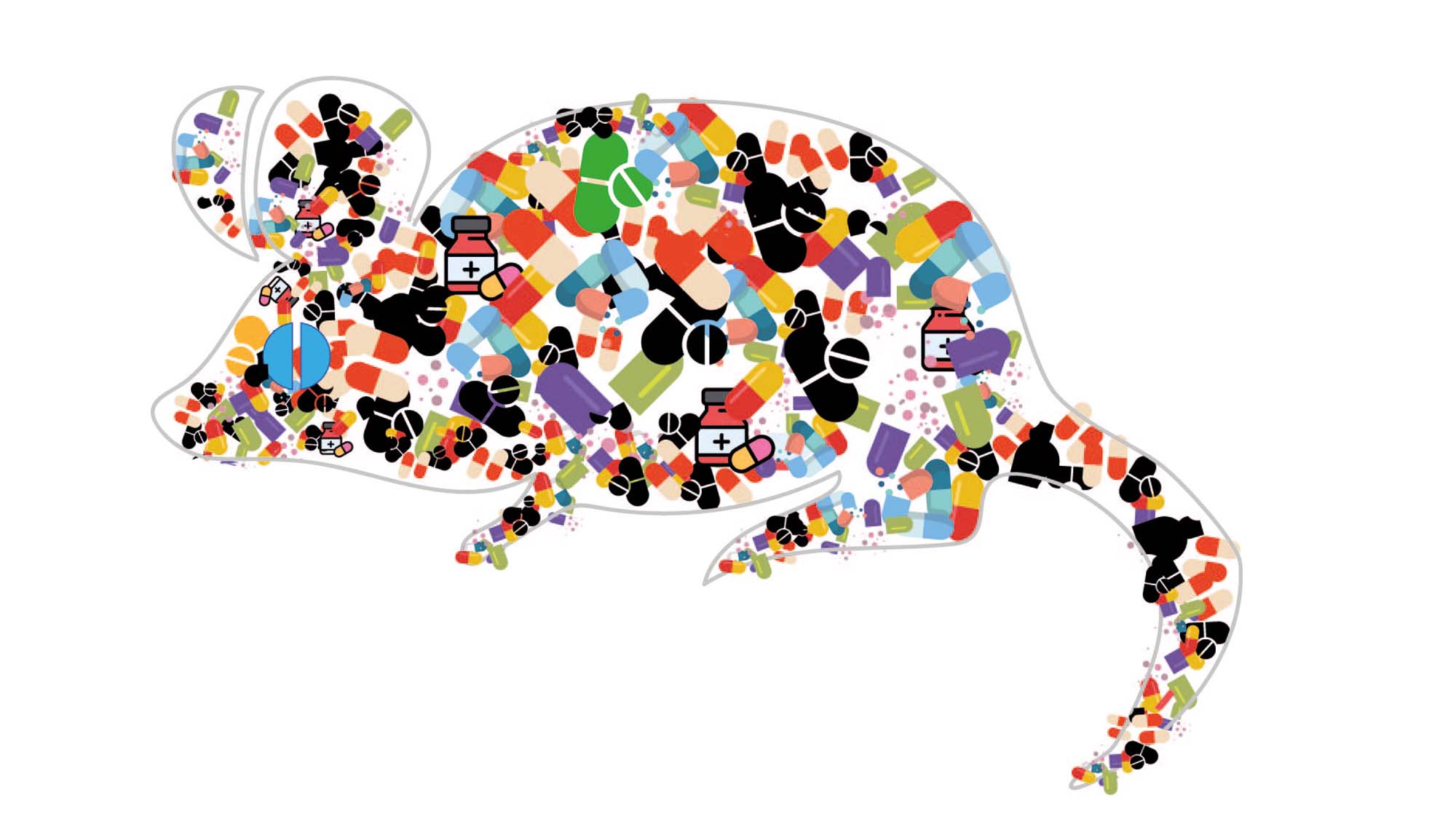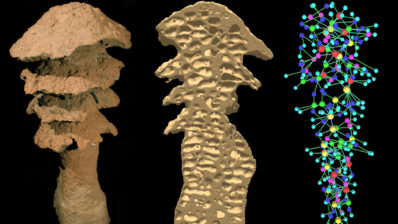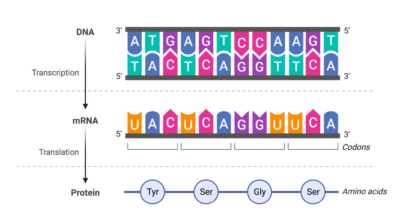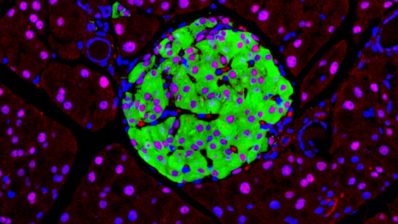The medicines that we enjoy today, from simple analgesics to vaccines and treatments for cancer, are only possible thanks to the use of animals in research.
Experimentation with curative intent – drug development – has four stages.
- In the molecular stage, scientists work in the laboratory or with computer simulations to understand the mechanisms that generate a given disease and find substances that can serve as potential drugs.
- The next step is the use of cell cultures to rule out invalid molecules.
- Once this phase has been completed, and only if there are no alternative methods that can replace the use of animals, the molecules need to be tested in living organisms, in the pre-clinical stage. This is always done using the minimum number of animals possible. The mouse is the most common model due to its ease of use and its genetic proximity to humans, but each drug must be tested on two different animal species.
- Only then we’re ready for the fourth stage: clinical trials performed on humans.
Only if there are no alternative methods that can replace the use of animals, the potential therapeutic molecules need to be tested in at least two different animal species before being used in humans.
The use of animals in experimentation is not only necessary for drug development, but also as part of basic research.
Regulations
Whichever their use, earlier this year the rules ensuring the welfare of animals used in research, in force since 1995, were updated following EU directives. The law covers all aspects of the quality of life of animals – including transportation conditions and the characteristics of the facilities and the conditions in which they live – as well as the training of animal technicians. In addition, no researcher can start a pre-clinical study without the approval of the research centre’s ethics committee and the experimentation committee of the Government of Catalonia, which keeps a comprehensive record of ongoing research projects and the people who are conducting them.
This information on the protection of animals used in research hardly ever reaches the general public, despite growing efforts by everyone to increase transparency. That is why, as of two years ago, the Biomedical Research Park of Barcelona (PRBB), together with the Pompeu Fabra University (UPF), has been holding debates on the subject as part of ESCOLAB school visits, using PlayDecide (www.playdecide.com), a role-playing game designed to present all social positions as well as detailed information.







